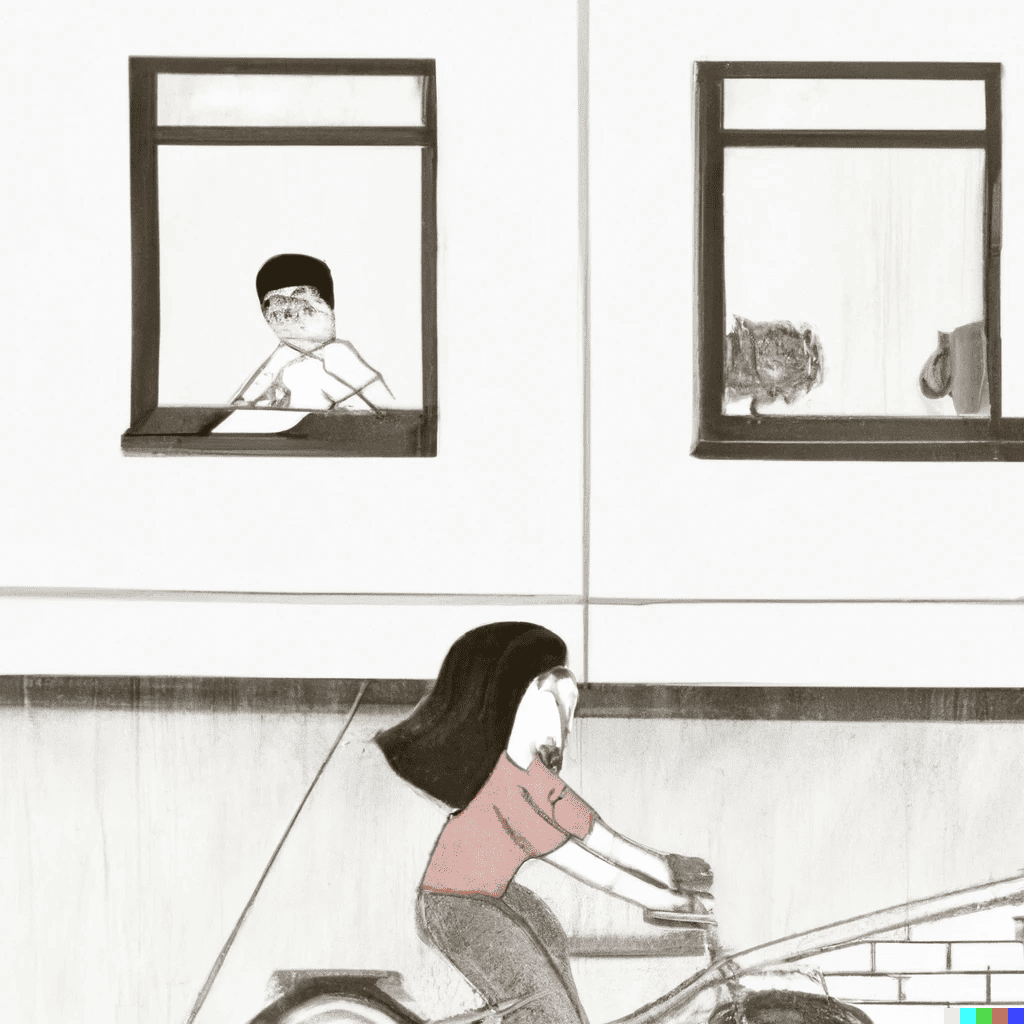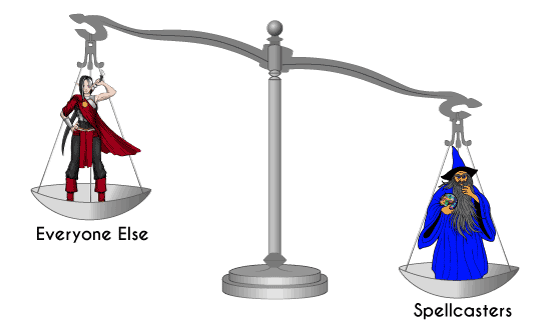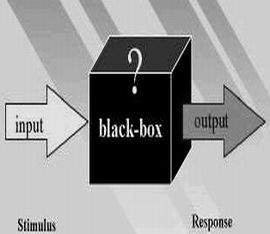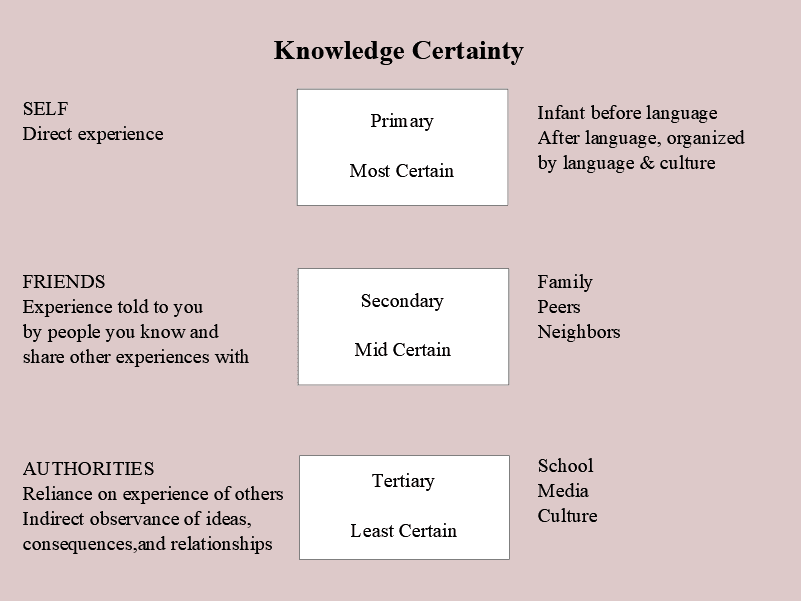Superstitious Behavior and Uncertainty
Imagine this situation. A pigeon is being trained to peck at a lever to receive reinforcement—a typical behavior modification experiment. Let us suppose that in this case the pigeon learns the sequence of desired actions while its head is tilted to the right.
The head tilting is not part of the actions the experimenter planned the pigeon to learn, but because of the happenstance of its head’s position (when it learned the proper sequence of actions), the pigeon continues to tilt its head to the right whenever it performs the learned behavior.
People, not just Pigeons
That’s pigeons, but what about people and superstitious behavior?
Sports figures are notorious for their superstitions. The same socks that must be worn in every game they pitch. Insisting the whole team have fish and chips because that’s what they had on the day of their big victory last season. That sort of association. Something occurred, coincidentally, and ever since they believe it has a role in their performance. And, I certainly am not denying that in a self-fulfilling prophecy way, the superstition can affect the mental aspect of their performance. Yet it’s important to note that their specific belief affects only them and not all others, thus the belief is not a part of objective performance in the sport. The belief is a superstition.
Superstition’s Importance in Behavior
Coincidental behaviors lead to ad hoc decisions which fill gaps that partial knowledge, logic and understanding leave open.
Superstitious behavior has a large importance in understanding human behavior. How so? Most human behavior occurs while only incomplete information is available. Thus, we don’t know which of the many actions in our behavior causes the results we see. Like a pigeon or a sports figure, we assign relationships without a thorough grounding in what causes what. Many of our beliefs are superstitious rather than logical. We form them because of the coincident of timing rather than from a legitimate causal link. Not unsurprisingly, with time these superstitious beliefs shift into working cause-and-effect links.
Two Real Life Examples

- Your new driver asks to borrow the car on Friday night. Should you agree? What curfew should you set?
Where is she going? Would she lie to you? Is she a safe driver? Will the people who accompany her support her good decisions or promote risky ones of their own?
You decide to let her go and ignore the risk that she might drive recklessly as well as the odds of another driver driving into her. And so on.
- How much should you save for retirement?
How much will you need to live thirty years in the future? What return will you get on your savings? Where will you store your savings? What inflation will occur over the decades? How will you cover healthcare?
You guess that stock and bond returns will follow historical averages. That inflation will be 3% per year and hope that your employer will continue retirement healthcare coverage.
As you can see, indefiniteness and uncertainty creeps into the analysis of these common human decisions. This ambiguity implies that, from a behavioral perspective, there exists ample opportunity for coincidental behaviors, i.e. ‘superstitious behaviors’.
Surprising Superstitions That Persist

Some superstitious beliefs don’t hide too deeply.
Looking into my own life, I worry that
- Bad things happen in threes
- Talking about something bad makes it more likely to happen
- I’m extra careful on Friday 13th, even though I’d never admit to believing the superstition
- Walking on a sidewalk crack as a kid was just something so easy to avoid, that it’d be stupid to walk on one.

If you have success in life, if your children are well-adjusted, and if retirement looks promising, then your superstitious beliefs have been confirmed. They shift from lucky guesses to a sureness in your understanding of forces, even those beyond comprehension.
These gap-filling behavioral tics shift from superstitions to beliefs.






